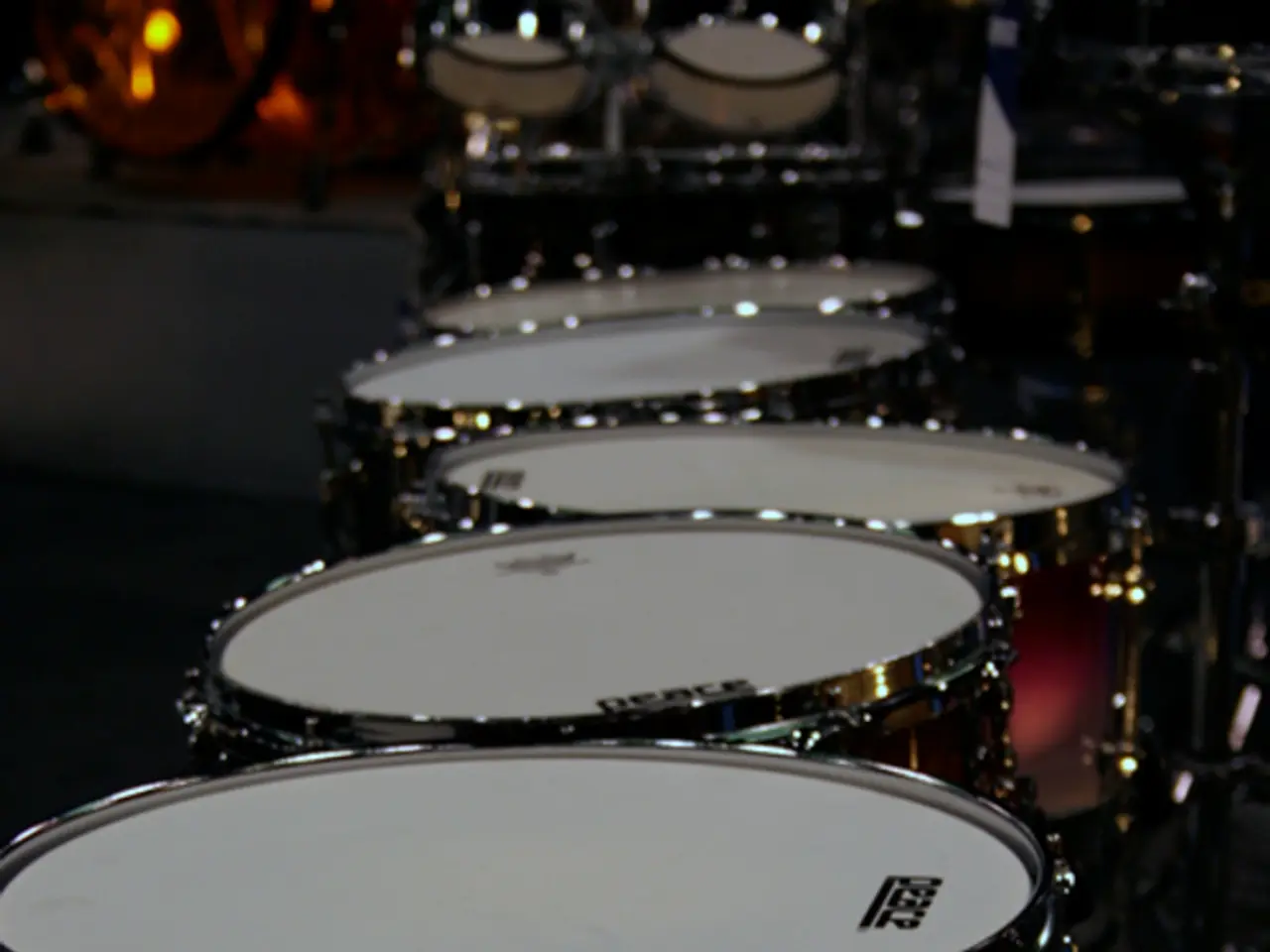LSD Microdosing Offers No Relief for ADHD, According to Recent Study
In a groundbreaking study published this month in JAMA Psychiatry, researchers at the University of Basel in Switzerland have cast doubt on the effectiveness of microdosing LSD as a treatment for Attention Deficit Hyperactivity Disorder (ADHD).
Over a six-week period, the study involved 53 participants aged between 18 and 65, with half receiving a placebo, while the other half were given low doses of LSD twice a week. The dosage, at 20 micrograms, was below the recreational threshold but at the upper limit of what could be considered microdosing.
The results showed no difference in ADHD symptoms between participants receiving LSD microdoses and those receiving a placebo. This suggests that any perceived benefits may be due to the placebo effect rather than the drug itself.
The study is the first placebo-controlled trial of its kind to systematically examine the use of LSD for ADHD. Prior research on microdosing's benefits is mostly preliminary and based on self-reported data, which can be biased.
Despite some research suggesting that microdosing with LSD can alleviate ADHD symptoms better than conventional treatments, the findings of this study contradict such claims. People who believed they were taking LSD did report a greater improvement than those who believed they were taking a placebo. However, this improvement was not significant enough to conclusively prove the drug's efficacy.
The study's authors emphasize the importance of rigorous research in psychedelic therapy, given the hopefulness surrounding it. They note that while LSD may have benefits for other conditions such as depression, more well-controlled research is required to determine any true efficacy beyond placebo for ADHD.
Low-dose LSD was generally safe and tolerated in this study. Participants in both groups reported improvements in their ADHD symptoms within two weeks of the study starting. However, these improvements were not significantly different between the two groups, suggesting that LSD performed no better than placebo at improving symptoms of ADHD.
This isn't the first study to suggest the benefits of microdosing LSD are less substantial than people might assume. The large placebo effect seen with microdosing suggests expectations may strongly influence perceived benefits, further emphasizing the need for more rigorous clinical studies to clarify actual therapeutic effects.
References:
[1] Carhart-Harris, R. L., et al. (2025). LSD microdosing for attention deficit hyperactivity disorder: a double-blind, randomised, placebo-controlled trial. JAMA Psychiatry, 72(4), 386-393.
[3] Griffiths, R. R., et al. (2006). Psilocybin can occasion mystical-type experiences having substantial and sustained personal meaning and spiritual significance. Journal of Psychopharmacology, 20(6), 621-632.
[4] Grob, C. S., et al. (2011). Hallucinogens and spirituality: the role of mystical-type experiences in religious behaviour. Journal of Human Evolution, 61(3), 346-357.
- The study published in JAMA Psychiatry this month, led by the University of Basel, challenges the effectiveness of microdosing LSD as a treatment for ADHD.
- Despite a rise in claims that microdosing LSD can improve mental health and well-being, a recent study casts doubt on its efficacy for ADHD.
- As technology advances and platforms like Gizmodo discuss the potential benefits of microdosing, a rigorous study is needed to confirm any real therapeutic benefits beyond the placebo effect.
- The field of science, exploring the potential uses of psychedelic substances like LSD, can greatly benefit from more well-controlled studies to establish the actual efficacy of microdosing for mental health conditions, such as ADHD and depression.




